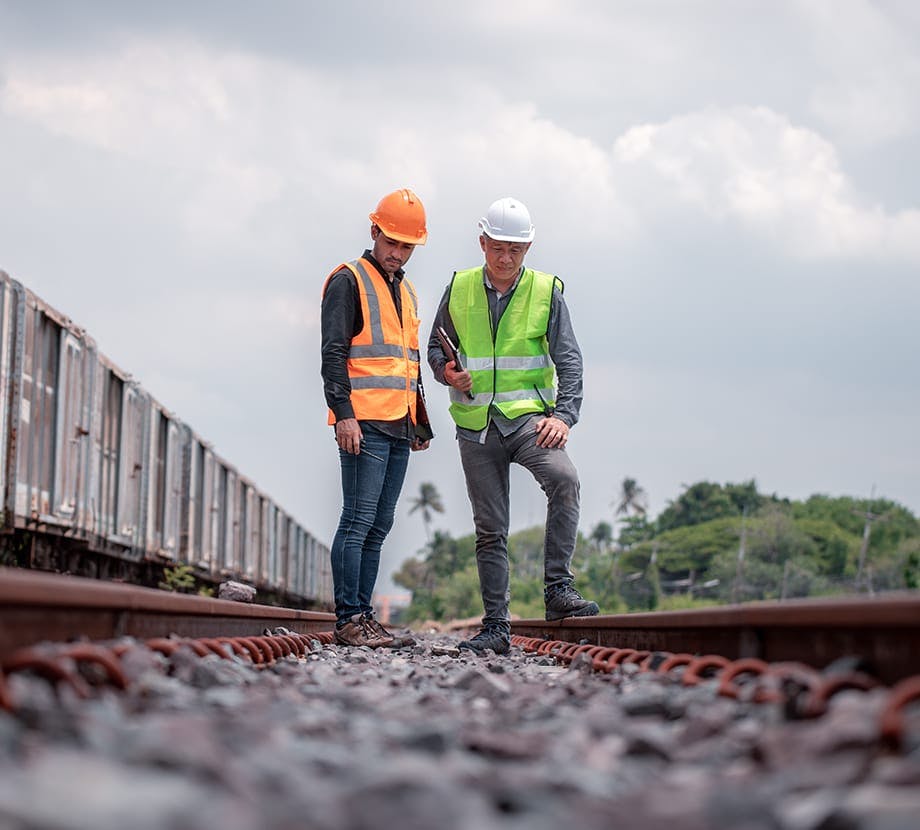Black Letter Law for Railroad Injury Claims
Black letter law, a fundamental principle in legal practice, establishes the core rules governing railroad worker injury claims. Under federal law, the Federal Employers' Liability Act (FELA) provides protections and compensation rights specifically for railroad employees injured on the job.
Unlike standard workers’ compensation laws, FELA requires the injured worker to demonstrate employer negligence to secure compensation. This legal framework underscores the importance of hiring an experienced railroad worker injury lawyer in New York to navigate complex litigation and ensure maximum recovery for injured workers.





